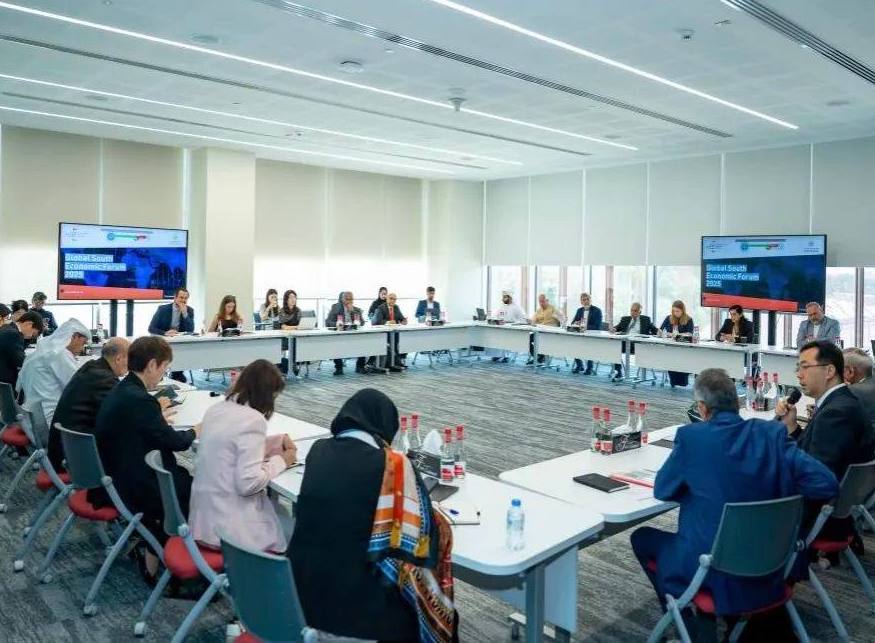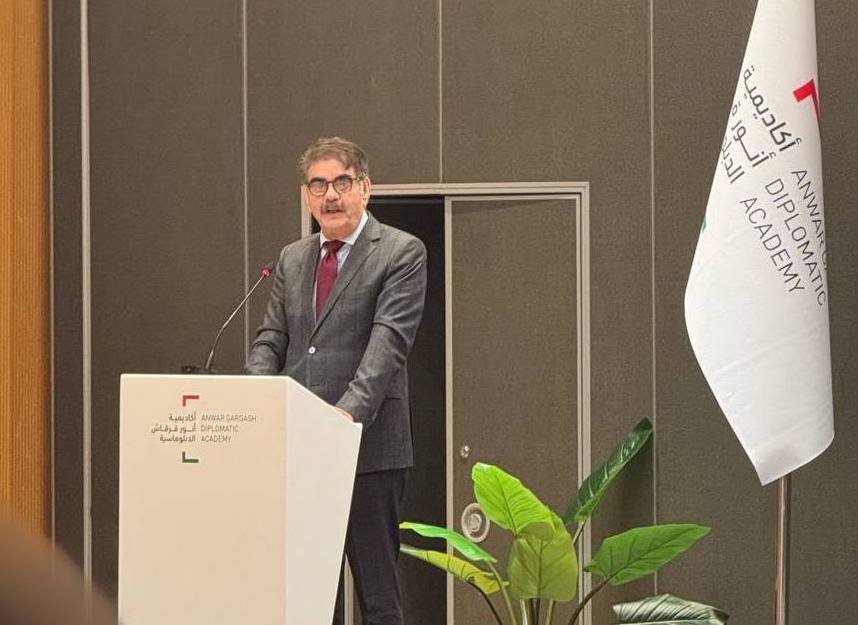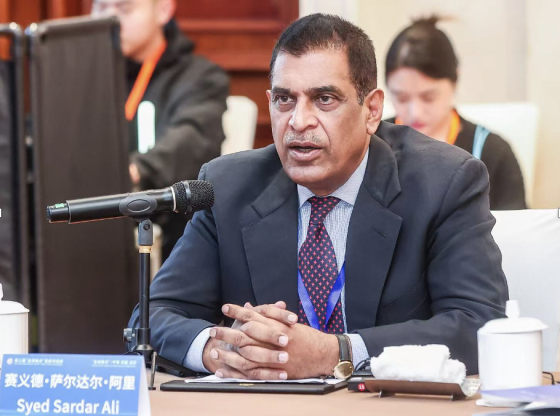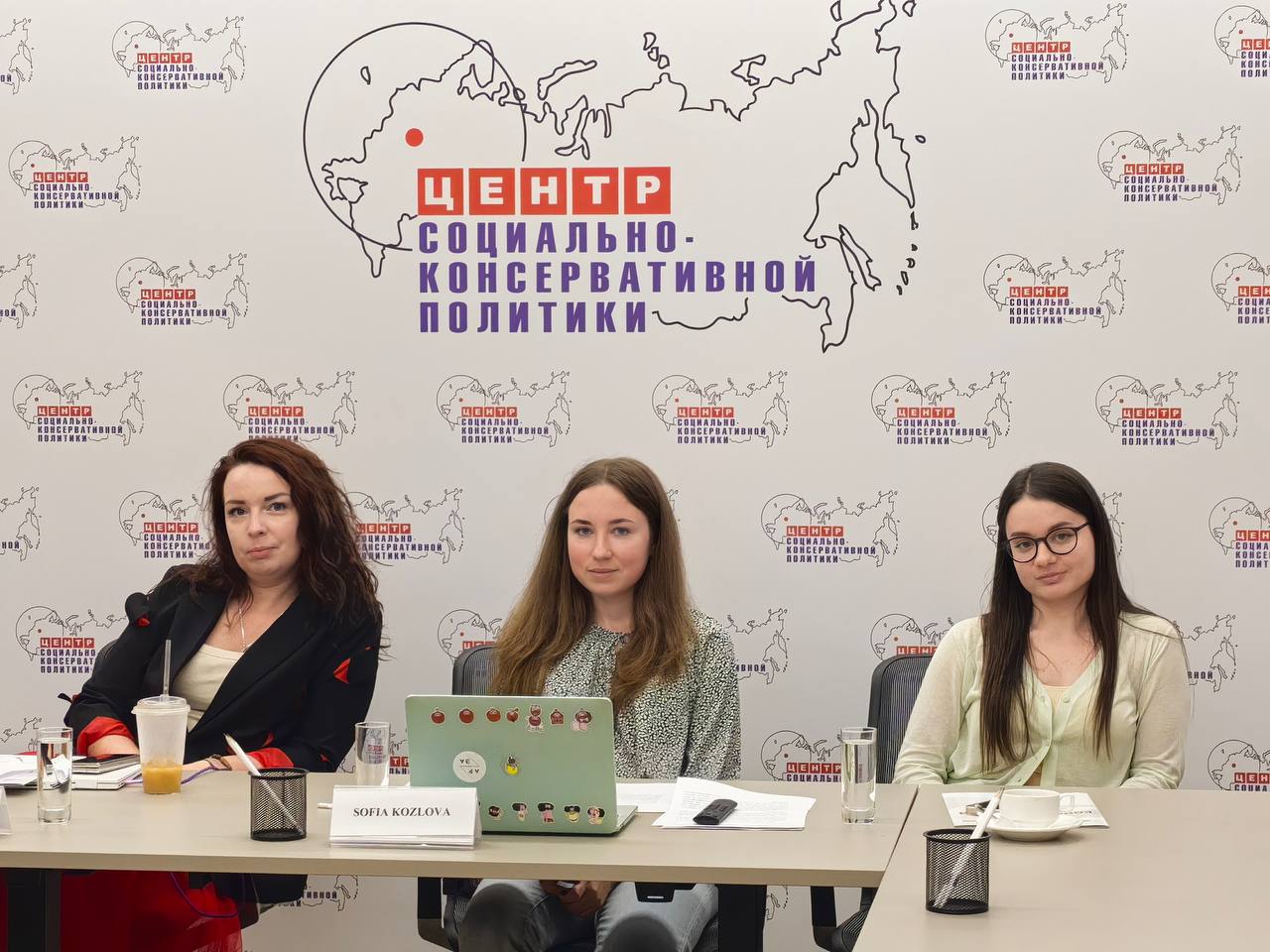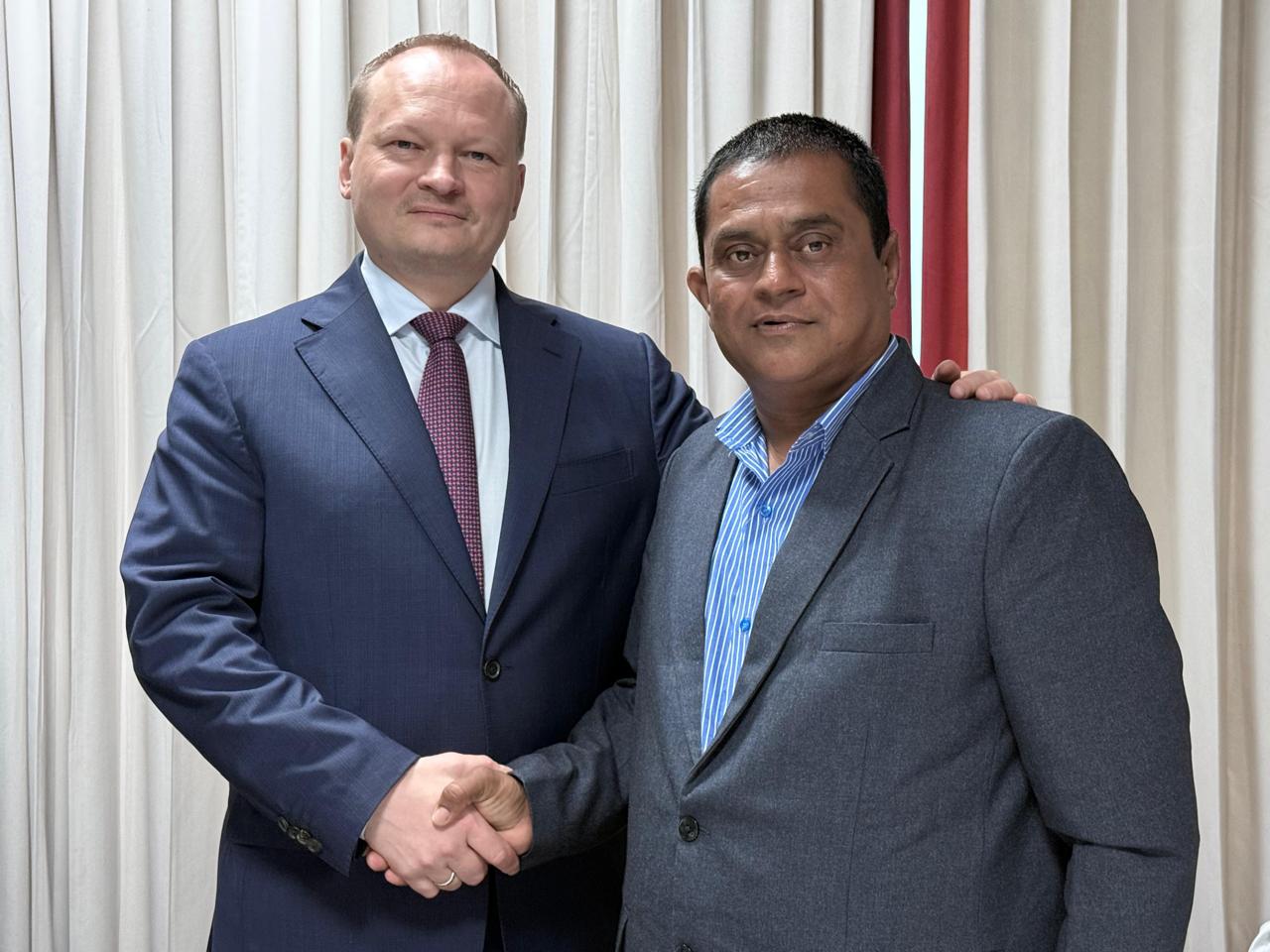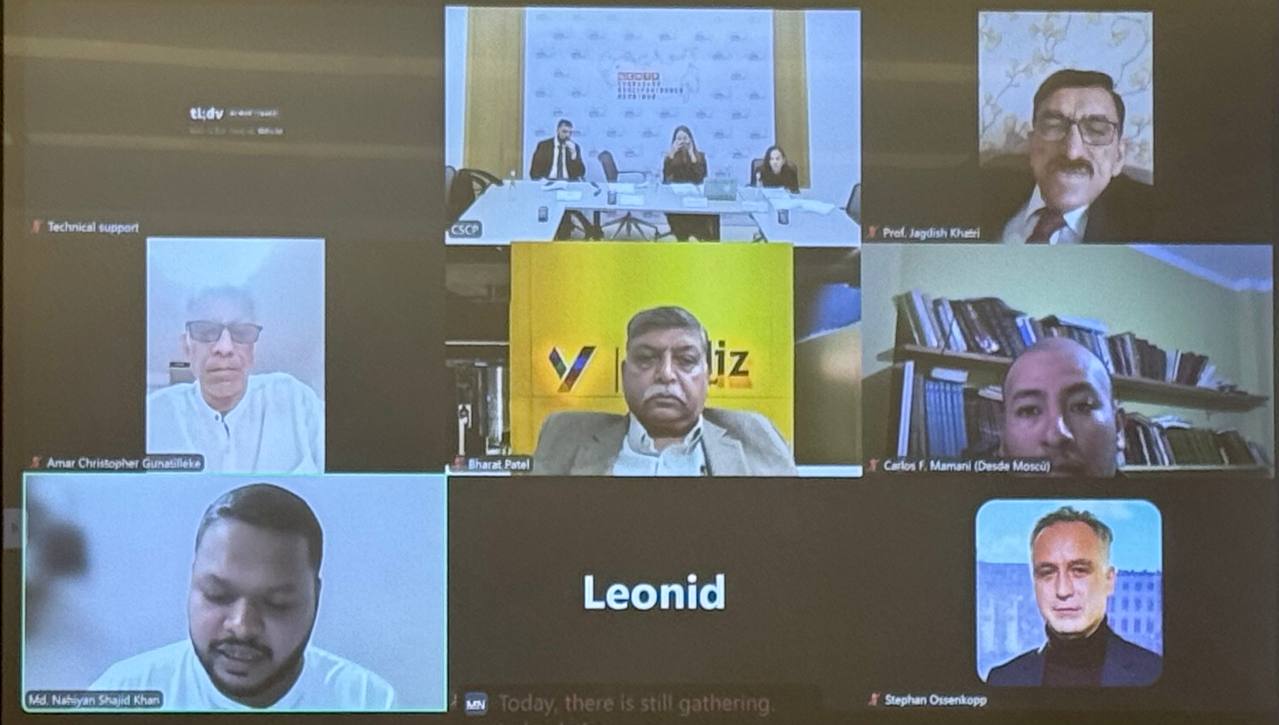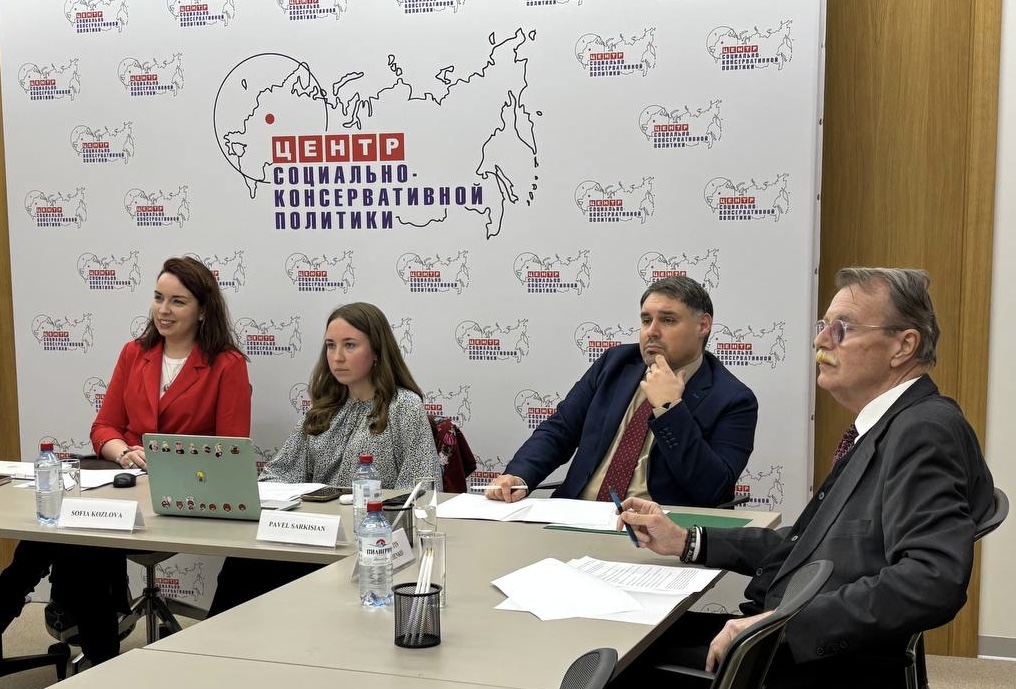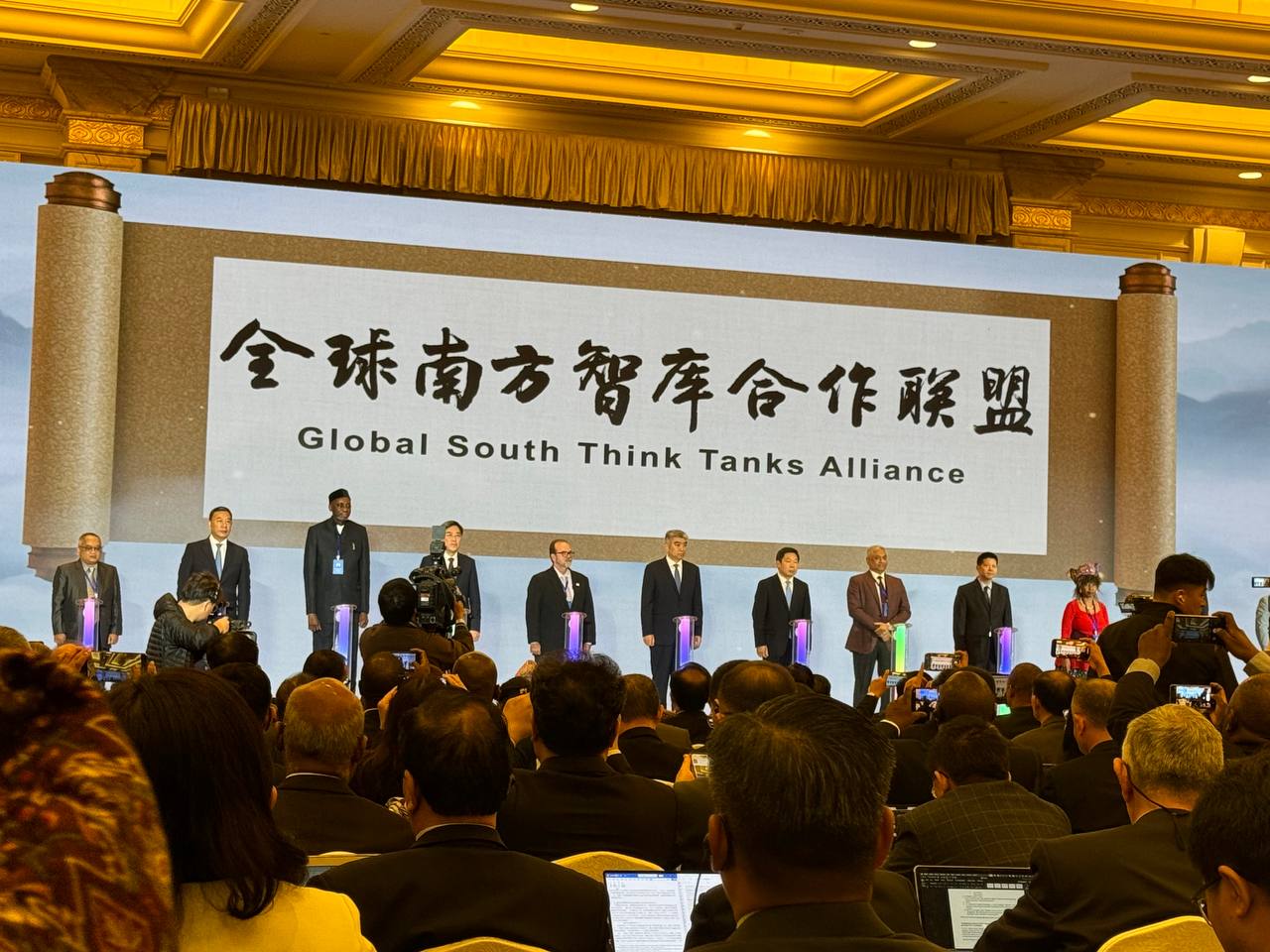17 июня в Абу-Даби Центр социально-консервативной политики (ЦСКП) в лице руководителя отдела коммуникаций Софьи Козловой принял участие в Экономическом форуме Глобального Юга. Мероприятие было организовано Центром геоэкономики Глобального Юга и Дипломатической академией имени Анвара Гаргаша.
В Форуме приняли участие политики, эксперты, представители бизнеса и медиасообщества из ОАЭ, Индии, Китая и других стран Глобального Юга. Состоялось обстоятельное обсуждение стратегической роли Глобального Юга в формировании многополярности, потенциала новых технологий, развития медиасотрудничества и рыночной интеграции.
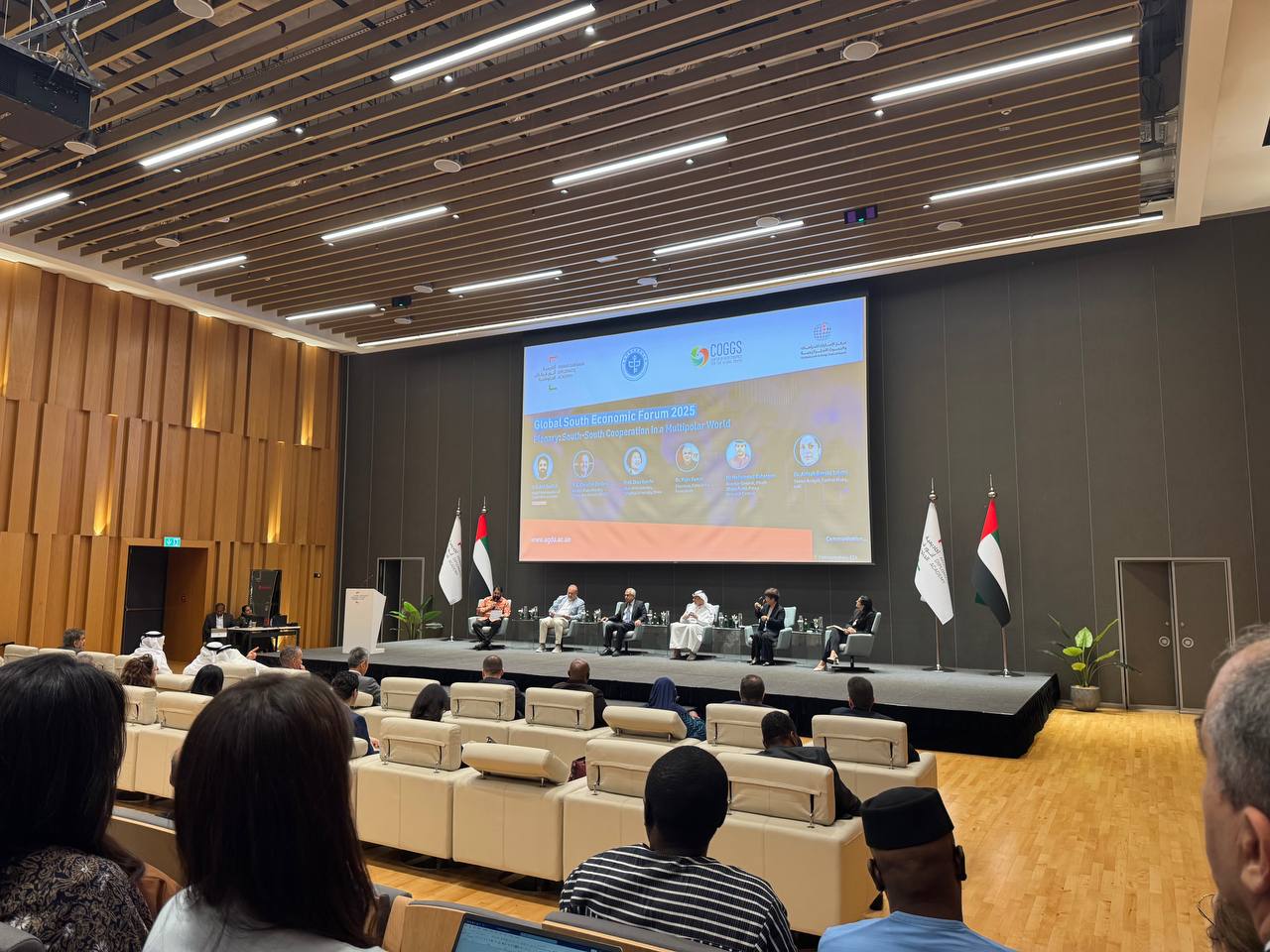
Выступая на секции «Деколонизация медиа-нарративов», Софья Козлова отметила, что мир уже практически перешел к состоянию «информационного общества», где каждый пользователь интернета может самостоятельно формировать медиасреду, а социальные сети превращаются в основной источник информации: «В информационной работе сегодня крайне важно иметь устойчивый ценностный компас, определяющий информационный вектор. Евразийская хартия многополярности и многообразия в XXI веке, совместное видение которой было представлено Россией и Белоруссией на II Минской конференции по безопасности, концептуально закладывает возможную идеологическую основу многополярного мира, и мы приглашаем всех желающих ознакомиться с этим документом».
Спикер также отметила, что в эпоху нарастающей турбулентности и возникновения нетрадиционных видов угроз, наряду с продвижением декларируемых в Хартии принципов, стоит задача государственной защиты культурного многообразия и традиционных ценностей как неотъемлемых столпов суверенитета государств Глобального Юга. В данный связи был приведен в пример Указ Президента России №809 «Об утверждении Основ государственной политики по сохранению и укреплению традиционных российских духовно-нравственных ценностей», разработанный при участии экспертов ЦСКП.
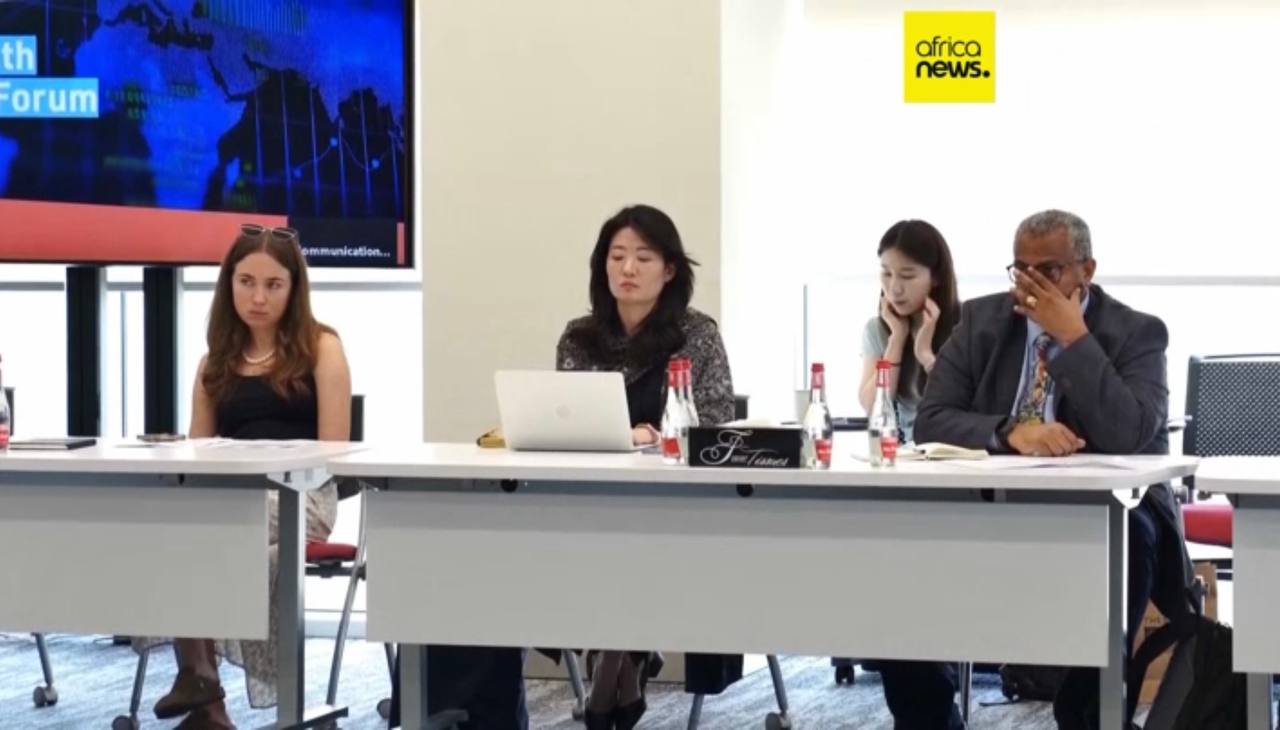
On June 17, in Abu Dhabi, the Center for Social and Conservative Politics (CSCP), represented by Communications chief Sofia Kozlova, took part in the Global South Economic Forum. The event was organized by the Center for Geoeconomics of the Global South and the Anwar Gargash Diplomatic Academy.
The Forum was attended by politicians, experts, representatives of business and the media community from the UAE, India, China and other countries of the Global South. A thorough discussion took place on the strategic role of the Global South in the formation of multipolarity, the potential of new technologies, the development of media cooperation and market integration.
Speaking at the section «Decolonization of Media Narratives», Sofia Kozlova noted that the world has almost moved to the state of the «information society», where every Internet user can independently form the media environment, and social networks are turning into the main source of information: «In information work today, it is extremely important to have a stable value compass that determines the information vector. The Eurasian Charter on Multipolarity and Diversity in the 21st Century, the joint vision of which was presented by Russia and Belarus at the 2nd Minsk Security Conference, conceptually lays down a possible ideological basis for a multipolar world, and we invite everyone to familiarize themselves with this document.»
The speaker also noted that in an era of growing turbulence and the emergence of non-traditional types of threats, along with the promotion of the principles declared in the Charter, the task is to protect cultural diversity and traditional values as integral pillars of the sovereignty of the states of the Global South. In this regard, the example of the Decree of the President of Russia No809 «On Approval of the Fundamentals of State Policy for the Preservation and Strengthening of Traditional Russian Spiritual and Moral Values», developed with the participation of experts from the CSCP, was cited.
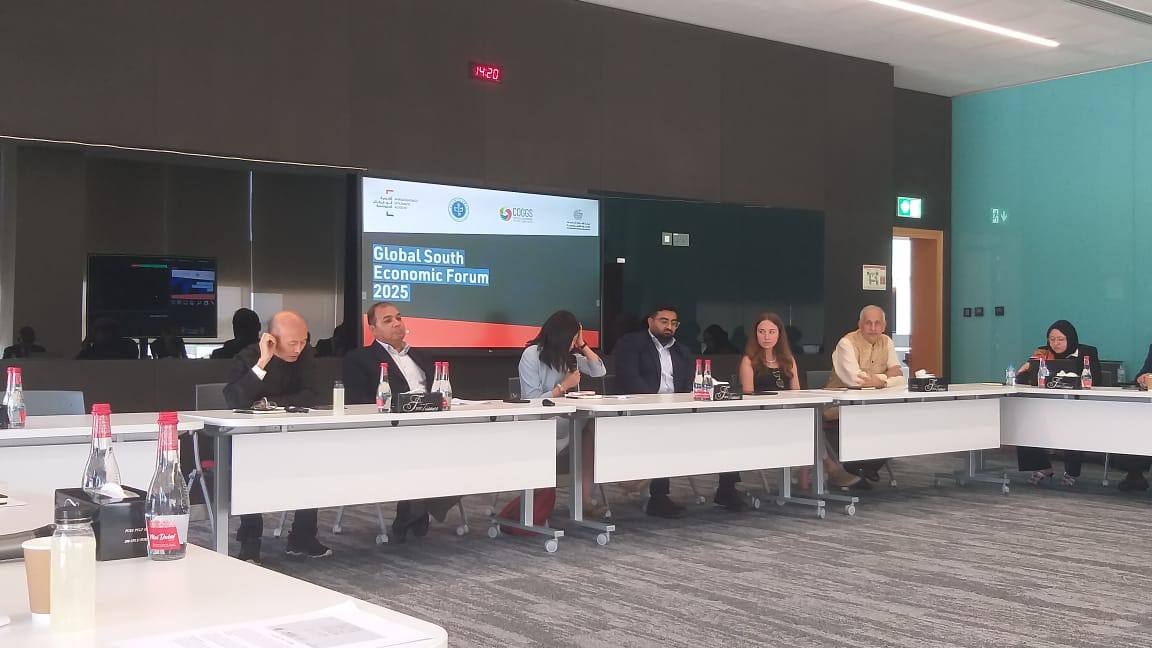
Говоря об укреплении медиасотрудничества стран Глобального Юга, Софья Козлова рассказала об Экспертном клубе «Глобус», который был создан как сообщество и площадка для обсуждения актуальной геополитической повестки. Помимо ведения собственных телеграм-каналов на русском и английском языках, существует широкая сеть партнерских ресурсов на других языках в странах Глобального Юга, реализуются совместные проекты с медиасообществом дружественных стран: «Таким образом, мы стараемся внести свой вклад в создание глобальной коммуникационной сети со сбалансированной информацией от экспертов Глобального Юга».
Экспертами была отмечена нарастающая роль горизонтальных сетевых коммуникаций между аналитическими центрами. Софья Козлова отметила, что в рамках Организации Договора о коллективной безопасности инициирована работа по созданию Ассоциации аналитических центров ОДКБ в целях реализации согласованной информационной политики государств — членов. «Данная структура позволит сформировать общую и объективную систему координат экспертного сообщества государств — членов Организации, формировать повестку дня, способствующую международной безопасности» — резюмировала спикер.
Speaking about strengthening media cooperation between the countries of the Global South, Sofia Kozlova spoke about the Globus Expert Club, which was created as a community and a platform for discussing the current geopolitical agenda. In addition to maintaining its own telegram channels in Russian and English, there is a wide network of partner resources in other languages in the countries of the Global South, joint projects are being implemented with the media community of friendly countries: «In this way, we are trying to contribute to the creation of a global communication network with balanced information from experts of the Global South.»
Experts noted the growing role of horizontal network communications between analytical centers. Sofia Kozlova noted that within the framework of the Collective Security Treaty Organization, work was initiated to create the Association of CSTO Analytical Centers in order to implement a coordinated information policy of the member states. «This structure will make it possible to form a common and objective system of coordinates of the expert community of the Organization’s member states, to form an agenda that contributes to international security,» the speaker concluded.
